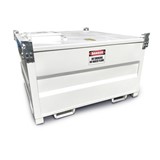Today's diesel engine is quieter, smoother, and more powerful. But today's diesel engine owners are overlooking one important factor: the quality of today's diesel fuel has not advanced at the same rate as the engine improvements.
Diesel fuel begins to deteriorate as soon as it is produced. Within 30 days of refining, all diesel fuel regardless of brand, goes through a natural process called re-polymerization and oxidation. This process forms varnishes and insoluble gums in the fuel by causing the molecules of the fuel to lengthen and bond together.
These components now drop to the bottom of the fuel tank and form asphaltene also known as diesel sludge. The fuel begins to turn dark in color, smell bad, and in most cases causes engines to smoke. The engines smoke because some of these clusters in the early stages are small enough in size to pass through the engine filtration and into the combustion chamber.
As these clusters increase in size, only part of the molecule gets burned. The rest goes out the exhaust as unburned fuel and smoke. With increases in cluster size they begin to reduce the flow of fuel by clogging filters. The filters only address the symptom and not the cause.
It is estimated that eight out of every ten diesel engine failures have been directly related to poor quality and contaminated fuel. The build-up of contaminates in the fuel systems and storage tanks can quickly clog filters, thus resulting in engine shut down, fuel pump wear, and diesel engine damage.
- Bi-tron fuel treatment will put the lubrication into the fuel.
- Bi-tron is a "metal treatment" and will lubricate all metal in contact.
- Bi-tron will maintain the energy of fuel in storage.
- Bi-tron eliminates fungus growth, and breaks down condensation.
- Bi-tron is the only treatment that is 100% petroleum based with no additives or solids.
- Bi-tron fuel conditioner will reduce the exhaust pollution emissions by 90% or more.
Using Bi-tron fuel treatment, the Bi-Tron engine formulation and the metal treatment in combination, has proved in about 90% of cases to have a benefit of saving 20% or more of the fuel usage, providing engines are not working in lug (over loaded continuously). You need approximately 8% saving in fuel to cover the expense of using these three Bi-tron Products.
By using Bi-tron Oil Treatments, there is a possibility, intervals between oil changes maybe lengthened; an oil analysis test will be required to prove this.



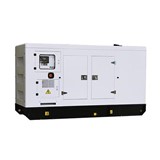
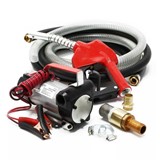
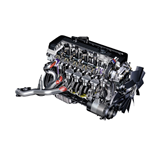

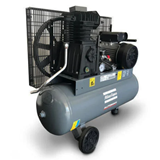
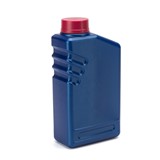

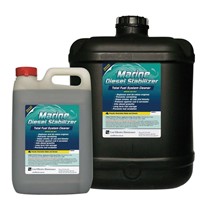
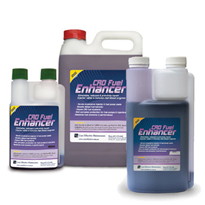
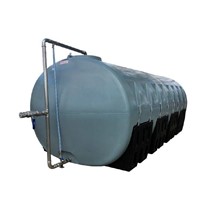
-205x205.jpg)
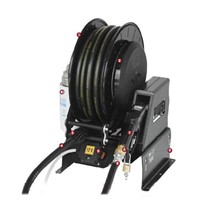
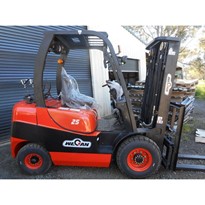
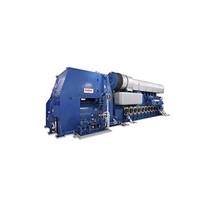
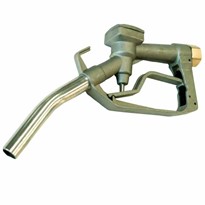
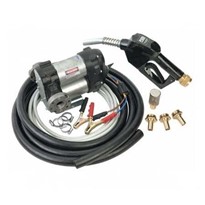
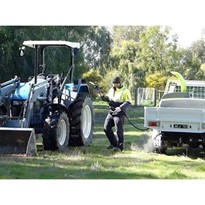
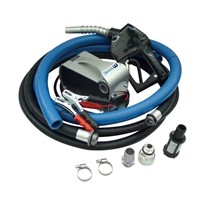
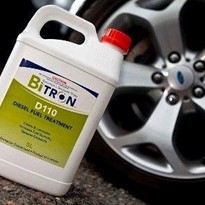

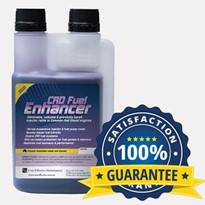
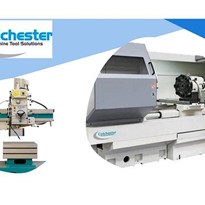

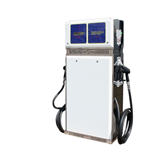

-160x160-state_article-rel-cat.jpg)
